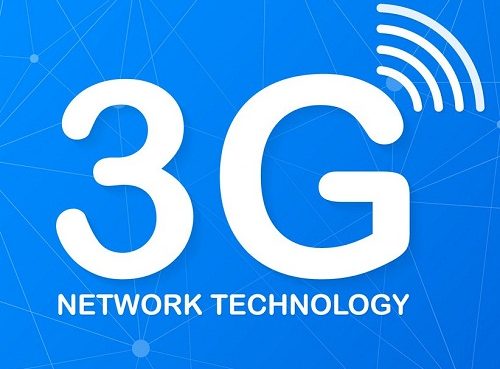The Fifth-Generation (5G) connectivity could save over 250 million tonnes in CO2 emissions globally by 2030 if the move to wind and solar energy is accelerated.
A study titled: “Connectivity and Climate Change: How 5G will help lay the path to net zero,” by Building Mobile Britain, which revealed this, based its focus on the impact that 5G could have on the manufacturing, energy and utilities, transportation and agricultural sectors.
The report suggests that 5G applications provide the potential to reduce yearly emissions from transport by 6.6 – 9.3 million tonnes of carbon dioxide equivalent (Mt CO2 e) per year.
In the areas of manufacturing, the study said 5G-enabled technology could help the combined G7 manufacturing sectors reduce their total carbon emissions by one per cent during the period 2020 to 2035.
By way of comparison, the report said a reduction of one per cent equates to around 182 MtCO2e or roughly equivalent to 75 per cent of the yearly carbon emissions of France.
5G can also transform the agricultural industry. The UK report said drones and sensors, connected to 5G and other networks, will support low carbon farming practices, helping to reduce UK emissions in agriculture by as much 1 MtCO2e by the year 20354.
The report observed that mobile connectivity already plays an important role in reducing emissions lately. It pointed out that Second generation (2G) and third generation (3G) mobile networks are already an important component in our ability to reduce emissions. For example, the transmitting of information to and from energy-reducing smart meters in our homes and workplaces helps consumers to understand and reduce their energy use.
According to the report, long before the pandemic, mobile connectivity made home working more commonplace, reducing the carbon-emitting consequences of commuting. The pandemic, the UK report said, created a paradigm shift in remote working and mobile connectivity, and will continue to play a major part. “And with newer and faster technologies it will enable even more opportunities,” it stated.
The attributes of 5G mean that it can support IoT to reach its full potential. IoT technology is available and being adopted now to reduce emissions.
The study urged policy makers to act if the environmental benefits of 5G-enabled IoT are to be realised. According to it, policy makers must act now to enable quicker deployment of 5G to make it possible to meet climate action targets quicker. It stressed that the roll-out of 5G and other digital infrastructure will be critical to our net zero ambitions.
“Ultimately, both national and local politicians need to ensure that the best possible mobile connectivity is on offer to households and businesses as quickly as possible, particularly the revolutionary connectivity of 5G,” it stated.
It stressed that 5G is also a more efficient technology in its own right, adding that global standards for 5G mean that, in comparison to 4G, it is more efficient and less power will be used to transmit more data, “however, the roll-out of 5G will create an upwards pressure on the operator’s energy usage.”
Source: Guardian










